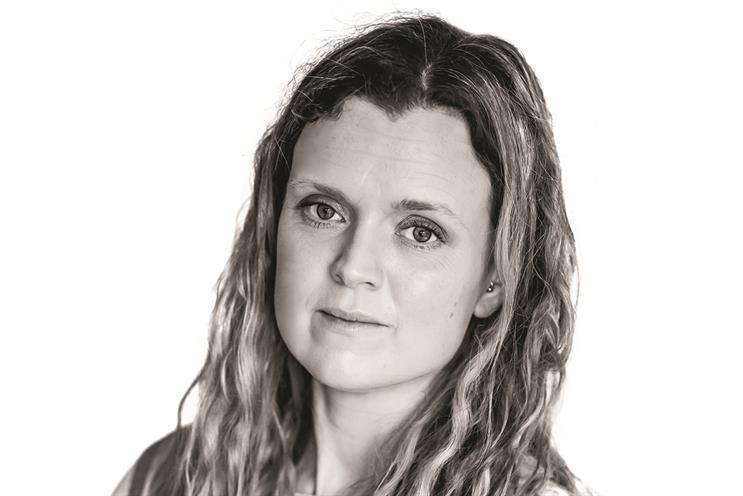If you’ve been reading ±±¾©Èü³µpk10 in the past few months, you’ll know Havas London is on a roll. Its School Report described it as having had a mini creative renaissance; Xavier Rees and Vicki Maguire won ad agency leader and creative leader at the Agency of the Year Awards, and the shop was one of the few network ad agencies on ±±¾©Èü³µpk10’s Best Places list. It also snared the £52m Asda account.
But big retail wins aren’t straightforward. Asda has been pretty promiscuous over the past decade or so. It previously swapped agencies in 2007 (from Publicis London to Fallon), 2009 (Saatchi & Saatchi), 2013 (VCCP Blue), 2016 (Saatchi & Saatchi once again) and 2018 (Abbott Mead Vickers BBDO). And, as the Asda business has moved around the industry, the losing agencies have often done a good job of putting a positive spin on things, privately.
Yes, retail accounts can be brutal. But even by those standards, Asda has been a tough client. In one regime, agencies were allowed to present only a single creative idea (no strategy). There is also the story of senior agency leaders being summoned to Leeds for a last-minute urgent meeting only for the requester not to show up. Or Carat being fired on the phone after two decades. Or the shop that held a celebratory party when they lost the business.
But the tales did not put anyone off when Asda, now under new ownership, called an ad pitch. Havas beat a Leo Burnett-led Publicis Groupe team in the final round after incumbent Abbott Mead Vickers BBDO was knocked out alongside FCB Inferno earlier on. WPP’s Wunderman Thompson and VCCP had also been involved.
If the recent pitch is anything to go by, Asda might have changed its jingle. I am told deadlines and requests were sensitive throughout – with very little work expected for the chemistry meeting, for example. One agency leader described the pitch, which was handled by Flock Associates, as one of the most collaborative they’d done in a long time.
When Fallon won Asda in early 2007, the following week’s ±±¾©Èü³µpk10 asked, “Will the Asda win change Fallon’s culture?” The concern was that servicing such a mammoth account would pollute the creative hot shop. What followed was a drastic decline, and the agency went from winning Agency of the Year (for the second time in a row) in 2007 to scoring a four in its ±±¾©Èü³µpk10 School Report for 2009 after a string of departures. You can’t blame that all on Asda but it can hardly have helped.
Now, Havas London is not Fallon. It has a history of working with big corporate businesses and has some great high-volume work out for demanding clients like Reckitt. And it has an insider experience: Havas global chief strategy officer Mark Sinnock left Fallon to become marketing director at Asda, after all. But you wouldn’t blame its leaders if – somewhere, deep down inside – they were a little apprehensive as well as excited about taking the account on.
Undoubtedly marketers working at supermarkets are under a lot of pressure. It's a competitive market. But in the last half-decade Asda’s main rivals, Sainsbury’s and Tesco, have found a sense of self. When Sainsbury’s hired Wieden & Kennedy and Tesco moved to Bartle Bogle Hegarty (from W&K, as it happens) each appointment had its armchair critics. But they have largely been silenced by modern and engaging comms. Tesco’s, in particular, is backed up by IPA Effectiveness Awards demonstrating its worth to the business.
Big retail accounts change agencies but it doesn’t have to be for ill. It all depends on the people involved. Recently brought back under British ownership from US retail giant Walmart having been acquired by the billionaire Issa brothers, Asda is at a juncture. It is a big British brand and deserves bold advertising that takes its place in the national conversation.
If it continues its new collaborative approach with its ad agency, maybe it will get it.
Maisie McCabe is UK editor of ±±¾©Èü³µpk10


